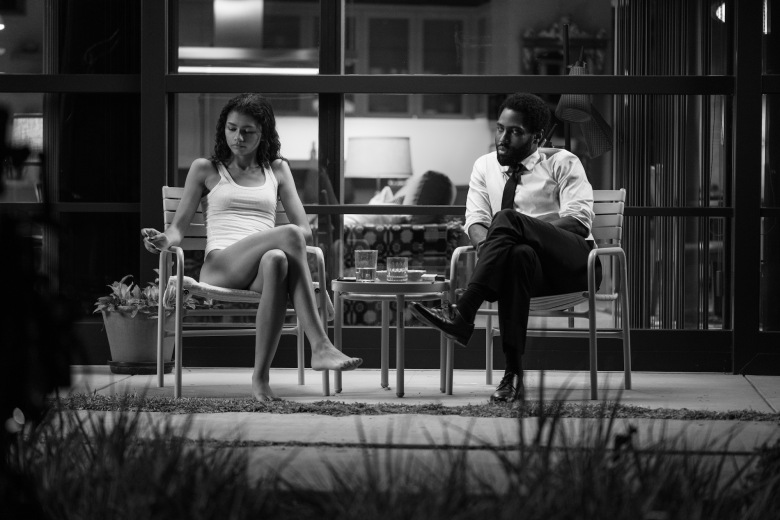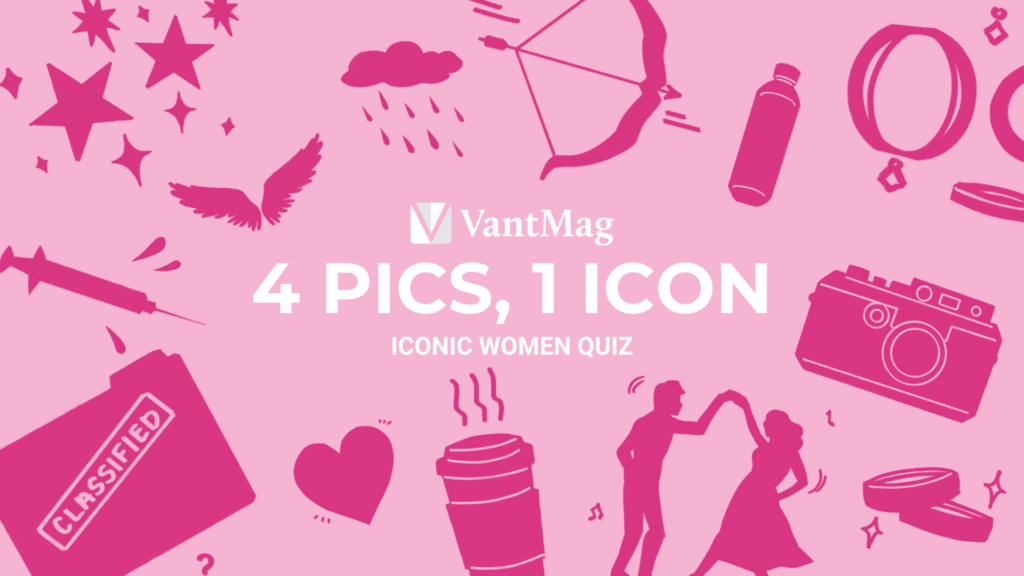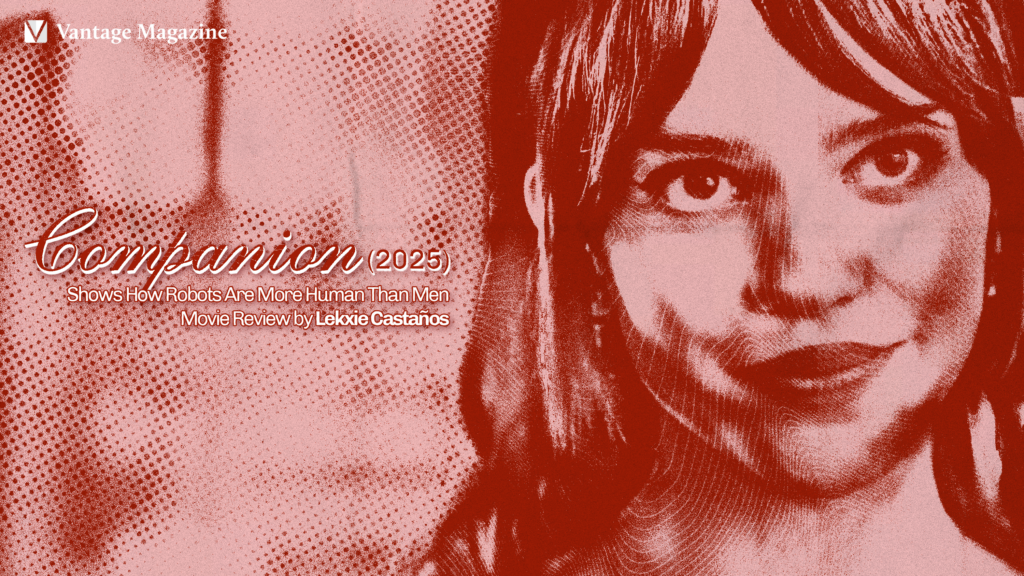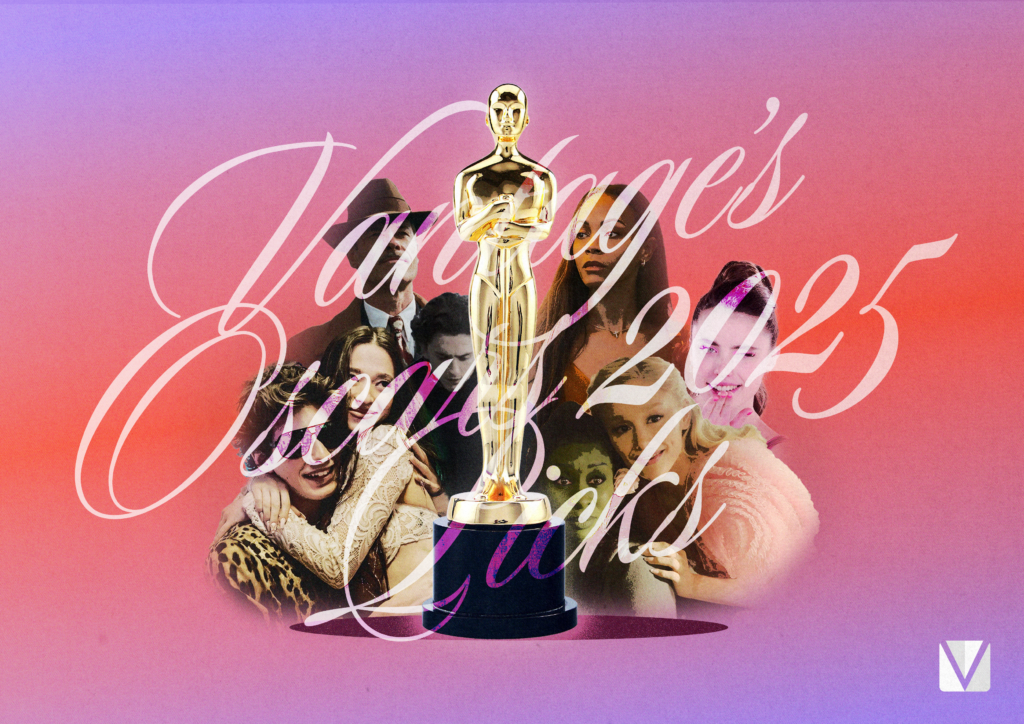“I promise you, nothing productive is going to be said tonight,” Marie (Zendaya) proclaims when challenged by her boyfriend Malcolm (John David Washington) to argue. Audiences can only hope it’s a promise left unfulfilled for a movie reliant on long-winded monologues. Sadly, Malcolm & Marie predicts its own inadequacy barely 15 minutes into the film.
Malcolm and Marie arrive home after the former’s successful movie premiere. As he basks in the elation of being a filmmaker, Malcolm fails to acknowledge his girlfriend’s declining mood. Marie withholds from initiating a fight at first but shortly after, they both succumb to scathing words that hark back to their complicated pasts.
Though Sam Levinson derived the core of the plot from his own experiences, the movie feels more like an excessive rant than an attempt at genuine introspection. Malcolm—somewhat of a self-insert for Levinson—is a filmmaker of excessive self-praise who disregards Marie’s contributions to his work. Someone so dislikable would have been compelling to deconstruct, yet Malcolm & Marie fails to do so.
When praising people from the industry, he is baffled by his girlfriend not knowing William Wyler and comments, “It’s different, though. You don’t work in film.” This intentionally belittles Marie, but could do the same to audiences for better or worse. At least early on, the screenplay prepares people for the pretentious tone in Malcolm’s onslaught of movie references and egotistical remarks.
He has repeated tirades about the shortcomings of film criticism, particularly how white critics politicize anything made by black creators. This is understandable in a broader sense, echoing sentiments of black people in the film industry. However, the script constrains Washington’s vigorous performance to merely that: Raising points without further intellectual argument.
Every point about movie criticism flimsily creates a shield for Malcolm & Marie from critique of the movie itself. The possibility of Levinson being unable to let go of his own issues with the Los Angeles Times is strikingly evident in Malcolm’s case against a “white lady from the L.A. Times.” Despite the collaborative process with Washington and Zendaya, a white director and screenwriter lamenting his own tribulations through two black characters weakens discussions of race, the film industry, and even romantic shortcomings.
On the other hand, Zendaya has more room to exhibit vulnerability as an actress through Marie. Zendaya embodies Marie’s position as an individual and in Malcolm’s life with uncomfortable grimaces that speak volumes louder than endless shouting. Erratic conversations about Marie’s history and imbalanced power dynamic with Malcolm are evened out in body language.
While limited by a weak screenplay, Zendaya’s slow, simmering frustration boiling into bursts of push and pull does wonders at keeping the movie somewhat interesting. Marie’s underlying intensity is highlighted exquisitely by Malcolm’s explosive personality. Both Zendaya and Washington deliver ostentatious monologues, but manage to inject passion needed to believe in their clash. Nonetheless, even strong acting can’t save a tiresome script.
At the very least, cinematography packages Malcolm & Marie’s subpar elements into a gorgeous visual experience. The simplicity of high contrast black and white paired with a house of glass walls invites viewers to be voyeurs into the complexities of a couple’s relationship. Crisp shadows of trees framed behind minimalist, deceptively serene interiors evoke the setting’s potential for solace against conversations of convoluted issues.
Aiming for a movie reminiscent of classic Hollywood, cinematographer Marcell Rév sought similar tales of dysfunctional romance. He noted that countless sources of inspiration such as La Notte (1961) and The Servant (1963) rarely feature black actors in their monochromatic style. Malcolm & Marie is commendable in its reclamation of timeless melodrama, but ends up leaning too heavily on form to make up for shallow function.
It’s a shame that beyond looking, nothing productive is said when audiences listen.






